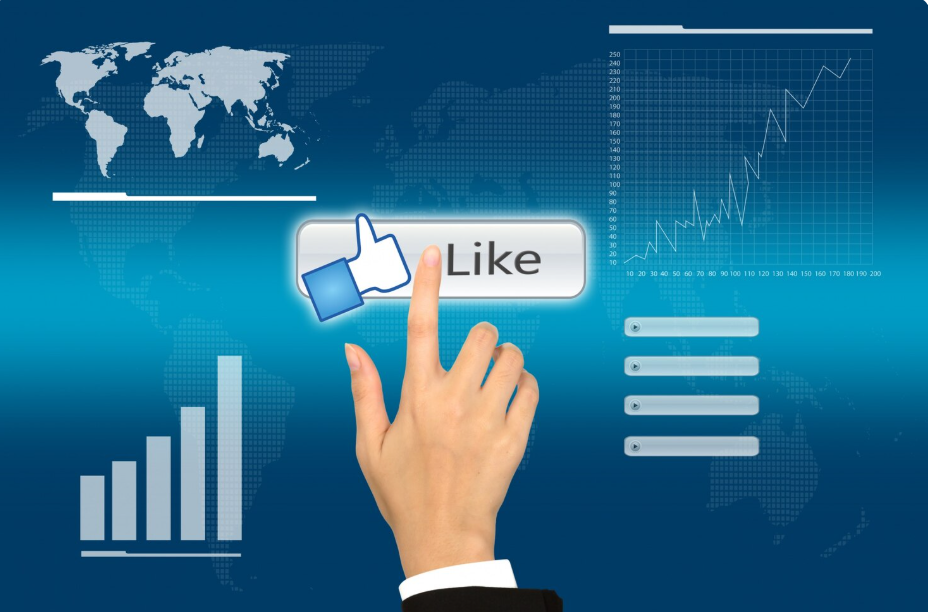The integration of data science into healthcare analytics is transforming how patient care is delivered, resources are allocated, and medical research is conducted. By harnessing vast amounts of data, healthcare organizations can uncover insights that drive better decision-making, improve patient outcomes, and reduce costs. From predictive analytics to personalized medicine, data science is reshaping every aspect of the healthcare industry.
For aspiring professionals, mastering healthcare analytics through a data science course provides the skills to make meaningful contributions to this dynamic field. This article explores the overall impact of data science on healthcare analytics and its transformative potential.
The Role of Data Science in Healthcare Analytics
Data science leverages advanced algorithms, statistical methods, and machine learning models to analyze healthcare data, ranging from patient records to genomic information. Its applications span:
- Predictive Analytics: Anticipating patient outcomes and disease progression.
- Personalized Medicine: Tailoring treatments as per individual patient data.
- Operational Efficiency: Optimizing hospital operations and resource utilization.
- Drug Discovery: Accelerating the sheer development of new medications.
- Public Health Insights: Tracking and managing population health trends.
Key Applications of Data Science in Healthcare
1. Predictive Analytics for Patient Care
Predictive analytics employs historical and real-time data to forecast patient outcomes, enabling proactive interventions.
- Example: Predicting hospital readmission risks using patient demographics, medical history, and lifestyle data.
- Impact: Improves patient outcomes by allowing timely treatment and reducing healthcare costs.
2. Personalized Medicine
Data science enables personalized medicine by analyzing genetic, clinical, and environmental data to tailor treatments for individual patients.
- Example: Using genomic data to identify the most effective cancer treatment for a specific patient.
- Impact: Enhances treatment efficacy and minimizes adverse effects.
3. Operational Efficiency in Hospitals
Data science improves hospital operations by optimizing workflows, resource allocation, and patient scheduling.
- Example: Predicting patient admission rates to ensure adequate staffing and bed availability.
- Impact: Reduces wait times, enhances patient satisfaction, and lowers operational costs.
4. Drug Discovery and Development
The drug discovery process, traditionally time-consuming and expensive, is being revolutionized by data science. Machine learning models analyze chemical compounds, predict their efficacy, and identify potential side effects.
- Example: Identifying drug candidates for rare diseases using AI-powered algorithms.
- Impact: Accelerates the development of life-saving medications and reduces research costs.
5. Public Health Analytics
Data science helps monitor and predict public health trends, aiding in disease prevention and outbreak management.
- Example: Using geospatial data to track the spread of infectious diseases like COVID-19.
- Impact: Enables timely public health interventions and resource planning.
A data science course in Bangalore often includes training in geospatial analytics, preparing students to address public health challenges.
Tools and Technologies in Healthcare Analytics
Data scientists rely on a diverse variety of tools and technologies to analyze healthcare data:
- Python and R: For methods like data manipulation, statistical analysis, and machine learning.
- Tableau and Power BI: For creating interactive dashboards and visualizations.
- Apache Spark: For processing large-scale healthcare datasets.
- TensorFlow and PyTorch: For building deep learning models in medical imaging and diagnostics.
- Electronic Health Record (EHR) Platforms: For accessing and managing patient data.
Benefits of Data Science in Healthcare Analytics
1. Improved Patient Outcomes
By identifying at-risk patients and personalizing treatments, data science improves the quality of care and reduces complications.
2. Cost Efficiency
Optimizing operations and predicting healthcare trends help reduce waste and unnecessary expenditures.
3. Accelerated Research
Data-driven approaches speed up drug discovery and medical research, leading to faster innovations.
4. Enhanced Decision-Making
Healthcare providers can come up with well-informed decisions based on various actionable insights derived from data analytics.
5. Better Public Health Management
Real-time data analysis supports proactive measures to combat public health crises and improve population health.
Challenges in Healthcare Analytics
Despite its benefits, healthcare analytics faces several challenges:
- Data Privacy and Security: Protecting sensitive patient information is critical, especially with regulations like HIPAA.
- Data Integration: Consolidating data from diverse sources, such as EHRs, IoT devices, and genomic databases, is complex.
- Interpretability: Ensuring that various healthcare professionals can understand and act on analytical insights.
- High Costs: Implementing advanced analytics solutions requires significant investment.
Why Choose a Data Science Course in Bangalore?
Bangalore, the Silicon Valley of India, is a hub for innovation and technology. A data science course in Bangalore offers:
- Industry-Relevant Curriculum: Covering healthcare analytics, machine learning, and data visualization.
- Experienced Faculty: Learning from experts with hands-on experience in healthcare data science.
- Practical Training: Working on real-world projects using healthcare datasets.
- Networking Opportunities: Connecting with industry leaders and peers in Bangalore’s thriving tech ecosystem.
- Placement Support: Many courses provide job placement assistance, helping graduates secure roles in leading healthcare organizations.
Conclusion
Data science is revolutionizing healthcare analytics, driving advancements in patient care, operational efficiency, and medical research. From predictive analytics to drug discovery, its applications are vast and impactful, shaping the future of healthcare. By leveraging the innate power of data, healthcare providers can make more informed decisions, minimize costs, and improve patient outcomes, ultimately transforming the way medical care is delivered.
For those looking to build a career at the intersection of data science and healthcare, enrolling in a data science course is the ideal starting point. These programs offer specialized training, equipping professionals with the technical skills as well as domain knowledge required to succeed in this dynamic field. With the right kind of training and expertise, professionals can play a pivotal role in actively transforming healthcare through data-driven innovation. The growing demand for numerous skilled data scientists in healthcare presents a truly unique opportunity to contribute to meaningful advancements while shaping the future of this critical industry.
ExcelR – Data Science, Data Analytics Course Training in Bangalore
Address: 49, 1st Cross, 27th Main, behind Tata Motors, 1st Stage, BTM Layout, Bengaluru, Karnataka 560068
Phone: 096321 56744







